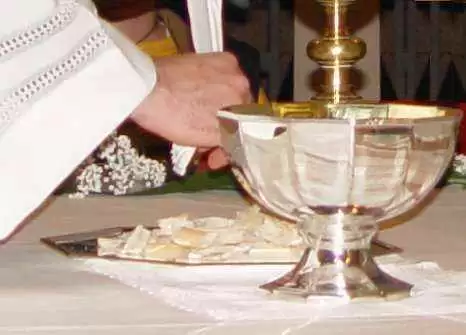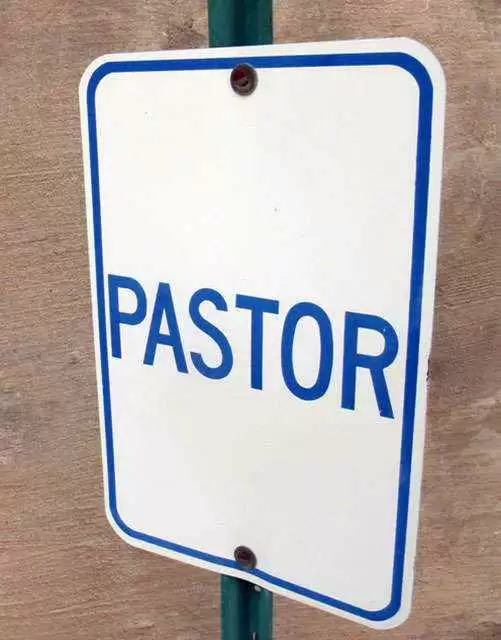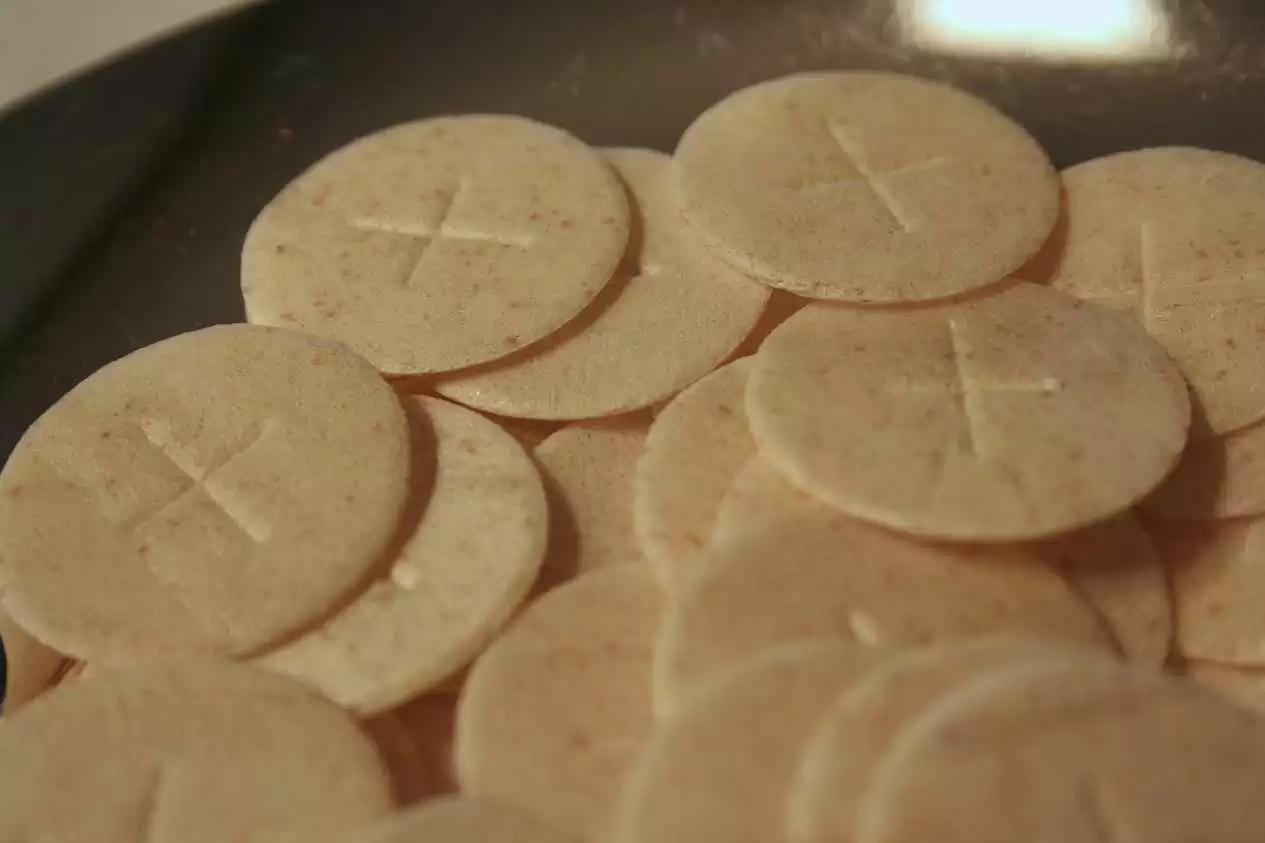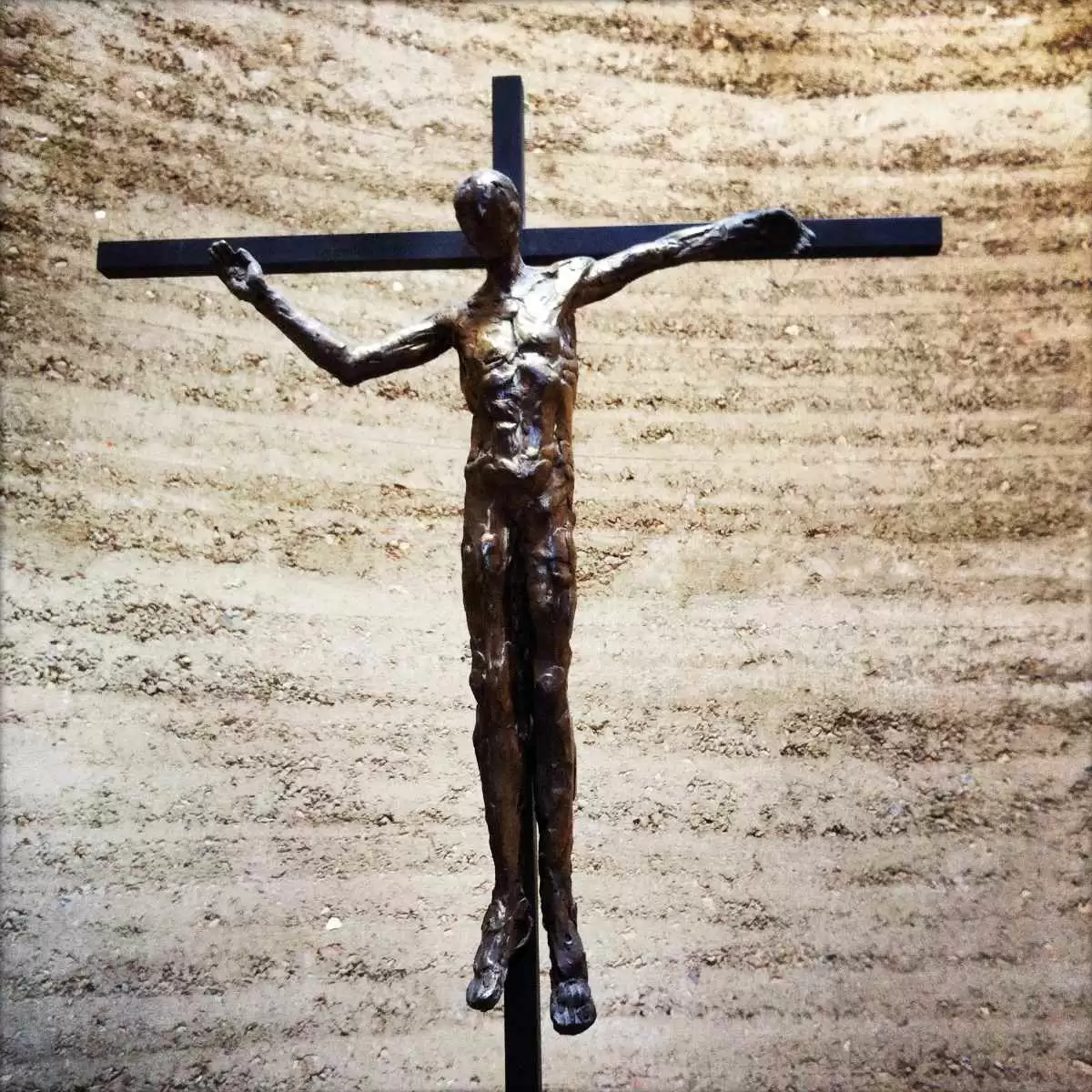Celiac.com 01/08/2025 - For Catholics with celiac disease, safely partaking in Holy Communion can be a deeply personal and complex issue. The unique challenge lies in balancing religious practices with medical requirements. Here, we explore the intricacies of low-gluten hosts and their safety, offering practical advice for individuals and parishes.
Understanding Gluten-Free Standards and Church Accommodation
Celiac disease requires strict dietary adherence, but the Catholic Church accommodates these needs by allowing low-gluten hosts for communion. Australia, in particular, upholds some of the world’s strictest gluten-free standards. The Coeliac Society of Australia has confirmed that low-gluten hosts—though not entirely free of gluten—are likely safe for many individuals with celiac disease.
Celiac.com Sponsor (A12):
The key to understanding their safety lies in the numbers. People with celiac disease are typically advised to limit gluten intake to less than 10 milligrams per day. While this threshold may vary slightly, it is a useful guideline. Comparatively, a typical slice of bread far exceeds this amount, containing thousands of milligrams of gluten.
Low-Gluten Hosts: A Breakdown of Gluten Levels
Low-gluten hosts, such as those manufactured by companies like Cavanagh Altar Breads, weigh about 33 milligrams each and contain between 5 and 70 parts per million (ppm) of gluten. At the lower end of this spectrum, a host would contain approximately 0.0002 milligrams of gluten—an amount significantly below the daily safe limit.
Even at higher ppm levels, the amount of gluten in these hosts is minimal, especially since they are consumed infrequently. The Coeliac Society of Australia supports this conclusion, though individuals with heightened sensitivity may need to proceed with extra caution.
Addressing Gluten Reactions
Despite these assurances, some individuals still experience reactions to low-gluten hosts. There are two primary reasons for this: heightened sensitivity or cross-contamination.
For those who are hypersensitive, consuming the Blood of Christ only—an acceptable alternative under Catholic doctrine—may be the safest option. However, cross-contamination during the liturgy is a more common issue.
Preventing Cross-Contamination
During Mass, there are several opportunities for gluten to inadvertently transfer to a low-gluten host. For instance, when the priest breaks the Eucharistic bread (the fraction rite), crumbs may fall near or into the pyx containing low-gluten hosts. This risk can be reduced by positioning the pyx away from the main altar bread.
Handling practices also play a role. The priest or minister distributing communion should avoid direct contact with the low-gluten host to minimize contamination. The Australian Catholic Bishops Conference recommends handing the pyx directly to the communicant rather than touching the host itself.
Managing the Chalice and Cleansing Rituals
For individuals receiving the Blood of Christ, additional precautions are necessary. The chalice used for celiac communicants should be separate from those used during the rite of commingling, where a fragment of the host is added to the wine. This ensures that gluten does not accidentally enter the chalice.
Cleansing practices also require attention. If a chalice is improperly cleaned after a previous service, trace amounts of gluten could remain. Assigning a specific acolyte to handle celiac-safe chalices and ensuring thorough cleaning are effective ways to mitigate this risk.
Collaboration Between Individuals and Parishes
Successful navigation of low-gluten communion requires open communication between individuals with celiac disease and their parish. Discussing specific needs with the priest and clarifying the available accommodations can prevent misunderstandings and enhance safety.
Parishes can further support congregants by training liturgical ministers on best practices for preventing cross-contamination. Dedicating specific chalices and maintaining clear protocols for cleaning vessels are simple yet impactful measures.
The Importance of Medical Monitoring
Finally, individuals with celiac disease should continue regular medical monitoring, even if they appear to tolerate low-gluten hosts. This allows for early detection of potential damage and ensures long-term health. Consulting with healthcare providers about any symptoms or concerns provides an additional layer of protection.
The Goal: Safe Communion for All
Low-gluten hosts offer a viable option for many Catholics with celiac disease, enabling them to fully participate in the sacrament of Holy Communion. By understanding the gluten content, implementing safeguards against cross-contamination, and fostering dialogue between parishioners and clergy, the Church can ensure that all members can partake safely. For those living with celiac disease, these measures represent both a physical and spiritual opportunity to embrace their faith without compromising their health.
Read more at: catholicweekly.com.au









Recommended Comments
Create an account or sign in to comment
You need to be a member in order to leave a comment
Create an account
Sign up for a new account in our community. It's easy!
Register a new accountSign in
Already have an account? Sign in here.
Sign In Now